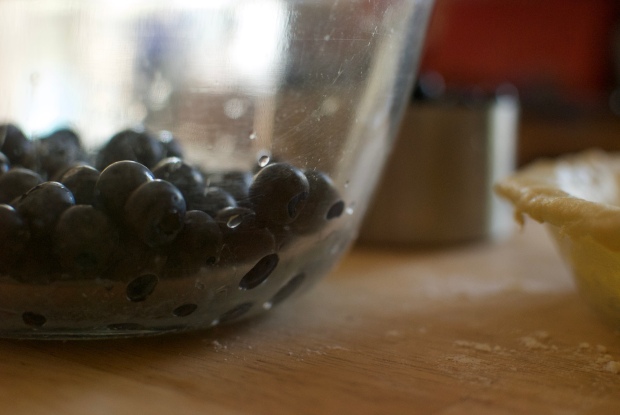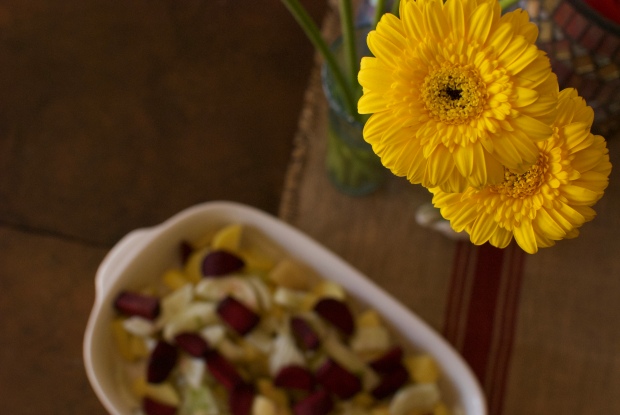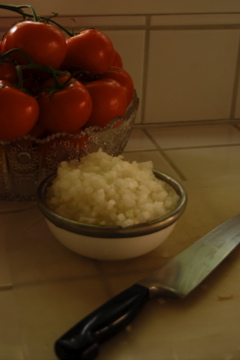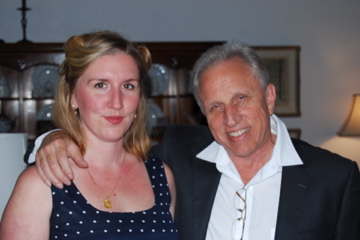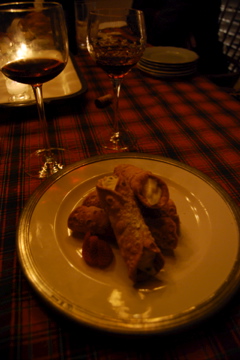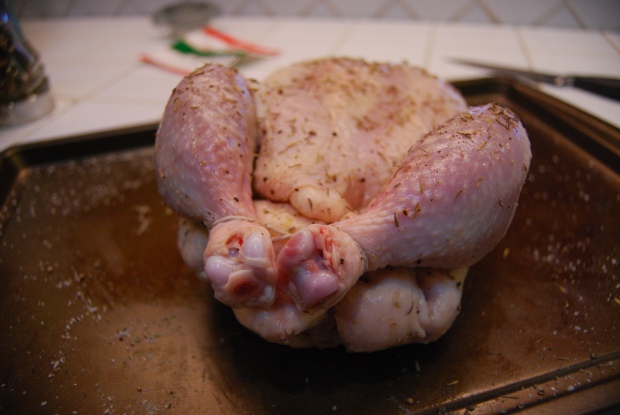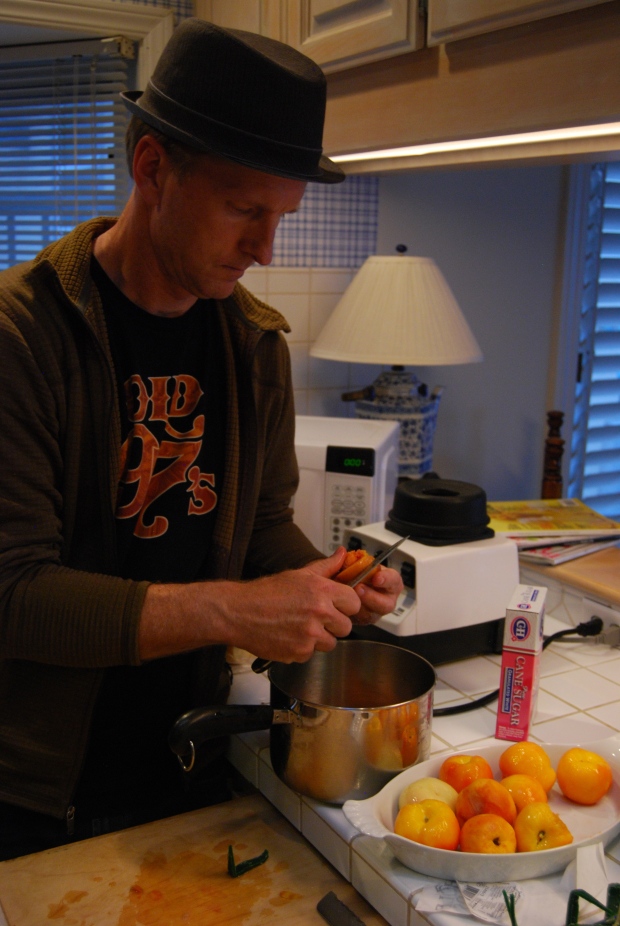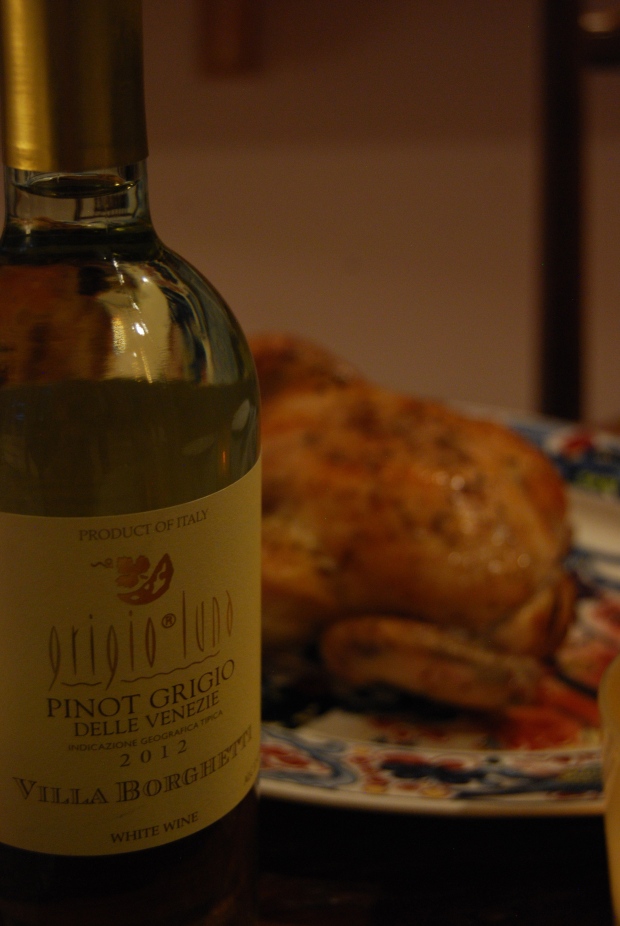
It’s been almost four years since the last time I did a book dinner. Although I’ve missed doing them, I can’t say I haven’t been busy: I’ve gone to grad school, moved cities, started and ended relationships, continued playing roller derby, and tried to keep up with all the other minutiae of life. Hosting dinners requires a lot of time and money that I haven’t really had for the last few years. But I really want to get back into it, because talking about books is one of the few things I get unquestionable, unrepentant joy from. I guess it’s more than a bit ironic that the first one I do after all this time happens in the middle of a quasi-global quarantine. Oh well. Sometimes you’ve got to just roll with the punches.
Since I wasn’t able to invite people over for a home-cooked Cuban meal, I instead invited whoever was interested in participating to a Zoom-enabled cocktail hour, in which the goal was to talk about the book and its themes in a way general enough that even those who hadn’t read the book would be able to participate. Having been living life almost exclusively in leggings and t-shirts, I also took the opportunity to dress up as if I were myself walking the cobblestone streets of Havana, complete with hoops, braids, winged eyeliner, and a halter top–the exact look I’ve worn on many a day of wandering in Caribbean climes. Southern California weather even supplied me with some humid heat to complete the charade, boob sweat and all. Sometimes the act of pretending can make strange circumstances feel a little less unsettling.

Everyone was encouraged to make their own Cuban cocktail. My dad, the person I can always rely on to support all my bookish endeavors, took it a step further and made his own ropa vieja, a Cuban dish consisting of stewed flank steak and flavor-packed onions and peppers. I made a classic Cuban daiquiri, adapted from this recipe. Be warned, I used less rum and less sugar than the recipe called for since, as the host, I didn’t want to sink into rum-soaked babbling. Irregardless, I was still more than a bit buzzed at the end of the call.
Our conversation mostly revolved around the themes I brought up in my previous blog, such as women’s relationships to and representation in horror films, disappearing (either from one’s own life through various methods or from death), and the generally ignored misogyny of famous men. My derby friend, Iggy Cox (a.k.a. Nikki), brought up the fact that the aggressors in horror movies are almost never women and, if they are, their motives are generally those of a jilted lover and fall into the hackneyed stereotypes of the hysterical woman. Later, we all talked about the likelihood that each of us would emerge victorious from a horror movie (most of didn’t think we would).
Every time I talk to other women about the kinds of violence that happen around and to us, I feel extremely grateful. I often worry that I talk about violence against women and my own traumatic experiences too often, that I “protest too much”, and I begin to feel like perhaps I’m over-exaggerating, maybe the world isn’t so scary for women as I tend to think it is. When the group was talking about historically terrible men, I brought up one quote that was and is (and also may forever be) continually circling my brain like an unsinkable deuce. It was from Carmen Maria Machado’s memoir In the Dream House, wherein she mentions Norman Mailer’s assessment of women writers. It goes something like “the sniff off the ink of women is dykily psychotic.” I seem to collect all the horrific things men say about and do to women, often in order to pull one out at the appropriate time and say, “See?! I’m not making this shit up!” But when I hear that other women have the same worries, think about the same things that I do, when I read books like van den Berg’s or Machado’s or Laura Westenberg’s Queer Gothic or Rebecca Solnit’s new memoir Recollections of My Unbecoming, I realize that that feeling of being hysterical is a tool that the patriarchy uses to maintain the status quo. If even I think I might be crazy, then my ability to speak truth to power is lessened. Gaslighting is one way to keep women and other marginalized people silent. So it is profoundly healing to me, even as it is also saddening, to hear my own experiences echoed back to me from the mouths of women I love and trust.
Another profoundly healing thing is to have a father that will sit and listen while women around him talk about their experiences. Unfortunately, it seems all too difficult to find men who don’t feel the need to defend themselves from what they see as accusations against them and all their kind. In keeping with his general sweetness, in order to close out the conversation on an uplifting note, my dad brought up a quote from The Third Hotel in which the narrator, Clare, reflects on her first “moment of wonder” and asked us to think about our own. I have a notoriously terrible memory (I often forget what show I’m watching whenever a commercial comes on), but the exercise of attempting to look back into my childhood and remember the first time I was in awe of the world around me brought up an image I hadn’t thought of in ages. It was one of climbing what felt like a very tall tree at a park my parents used to bring us to all the time as children. I remember climbing as high as I could go and, once there, staring out above the playground and surrounding houses to the ocean a few miles away and feeling the wind move the branches I stood on, as if I myself were swaying in an invisible sea, and feeling as though I were alone in the vast expanse of the world, and yet powerful in that loneliness. I couldn’t have been more than eight, but I can still feel the branches shift beneath me and the wind gently lifting my hair.
With that we signed off and I wandered (a little drunkenly, admittedly) off to bed.
Thank you to those of you who joined me to drink Cuban cocktails and chat about Laura van den Berg’s The Third Hotel. It is supremely validating to talk about things I love with like-minded folks. If you’d like to join me in reading my next book for this blog, I will be reading Isabel Allende’s Aphrodite, an illustrated book of recipes and a “memoir of the senses.” Depending on the state of the quarantine, I may be able to host a dinner or I might once again host a video meeting. Either way, I’d love for you to come along.



